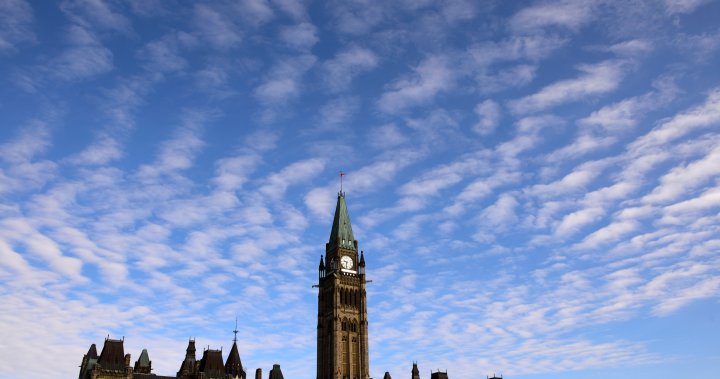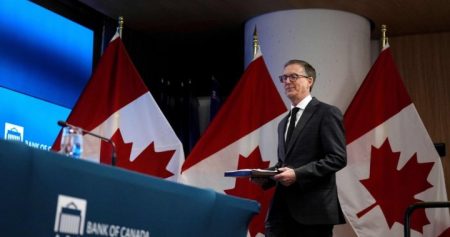Paragraph 1: The Sudden Resignation and Swift Replacement
The Canadian political landscape experienced a seismic shift on Monday with the unexpected resignation of Finance Minister Chrystia Freeland, followed by the equally rapid announcement of her successor’s swearing-in ceremony. Just hours after Freeland tendered her resignation to Prime Minister Justin Trudeau, sources confirmed that a new finance minister would be sworn in at Rideau Hall later that same day. This swift transition underscored the high-stakes nature of the situation, particularly given the impending delivery of the fall economic statement, a crucial economic roadmap for the country. The timing of Freeland’s departure, coinciding with this important economic announcement, fueled speculation about the underlying reasons for her sudden exit.
Paragraph 2: Freeland’s Explanation and the Trudeau Factor
Freeland’s resignation letter provided some insight into the circumstances surrounding her departure, highlighting a growing rift between her and Prime Minister Trudeau. She explicitly stated that her resignation was the only "honest and viable path" after Trudeau informed her he no longer wished her to serve in the finance portfolio. This revelation pointed to a significant breakdown in the relationship between the Prime Minister and his finance minister, raising questions about the nature of their disagreements and the potential impact on government stability. Freeland alluded to policy differences, particularly regarding recent financial decisions, further emphasizing the strained dynamic within the government’s highest ranks.
Paragraph 3: Policy Differences and Fiscal Prudence
Freeland’s letter hinted at specific policy disagreements with Trudeau, particularly concerning fiscal management. She referenced the looming tariff threat from the incoming U.S. administration of President-elect Donald Trump, arguing that Canada needed to maintain "fiscal powder dry" in anticipation of potential economic challenges. This suggests a more cautious fiscal approach favored by Freeland, potentially contrasting with Trudeau’s preferences. This difference in economic philosophy likely played a significant role in the breakdown of their relationship, ultimately leading to Freeland’s resignation. The timing, just hours before the release of the fall economic statement, adds further weight to this theory.
Paragraph 4: Freeland’s Notable Career and Rise to Prominence
Chrystia Freeland’s resignation marked the end of a notable career within the Trudeau government. She had served in various prominent roles since 2015, beginning as Minister of International Trade before taking on the crucial portfolio of Minister of Foreign Affairs. In this role, she played a pivotal role in the renegotiation of the North American Free Trade Agreement, culminating in the Canada-United States-Mexico Agreement (CUSMA). Following the 2019 federal election, which resulted in a Liberal minority government, Freeland was appointed Deputy Prime Minister and, significantly, became Canada’s first female federal finance minister in 2020 after the resignation of Bill Morneau. Her departure represented a significant loss of experience and expertise within the government.
Paragraph 5: Political Fallout and Calls for Trudeau’s Resignation
Freeland’s resignation triggered immediate political repercussions, with opposition leaders seizing on the opportunity to criticize Prime Minister Trudeau and his leadership. NDP Leader Jagmeet Singh notably called for Trudeau’s resignation, arguing that the Prime Minister "has to go." This demonstrates the potential for political instability created by Freeland’s departure, with opposition parties seeking to capitalize on the situation and challenge the government’s authority. The suddenness and circumstances of Freeland’s resignation provided ammunition for Trudeau’s critics, potentially exacerbating existing political tensions.
Paragraph 6: Uncertainty and the Path Forward
The rapid succession of Freeland’s resignation and the appointment of a new finance minister left many questions unanswered. While the fall economic statement was still expected to be delivered as scheduled, uncertainty remained about the new minister’s policy direction and the broader implications for the Canadian economy. The rapid turnover in such a crucial ministerial position raised concerns about continuity and stability, particularly given the ongoing economic challenges facing the country. The political fallout from Freeland’s departure also added an element of uncertainty to the political landscape, with potential implications for the Trudeau government’s future and the overall political climate in Canada.










